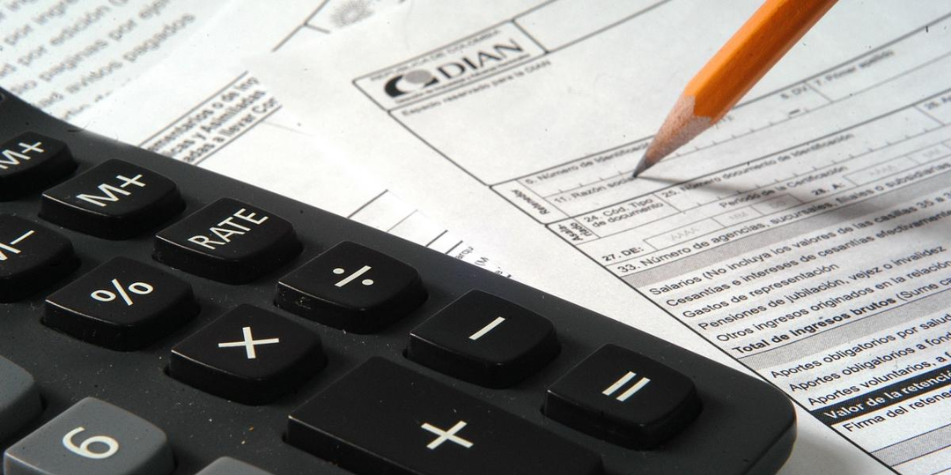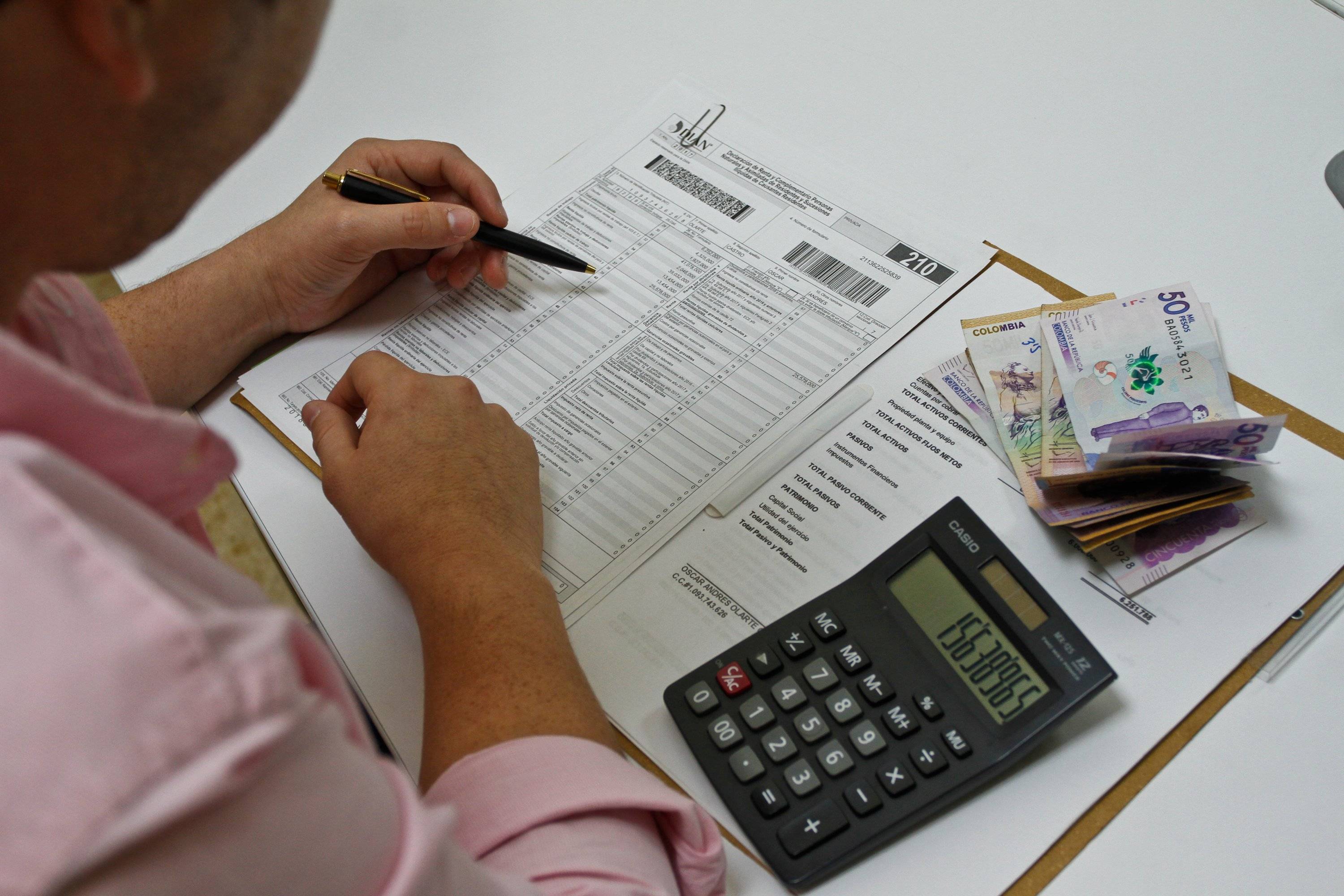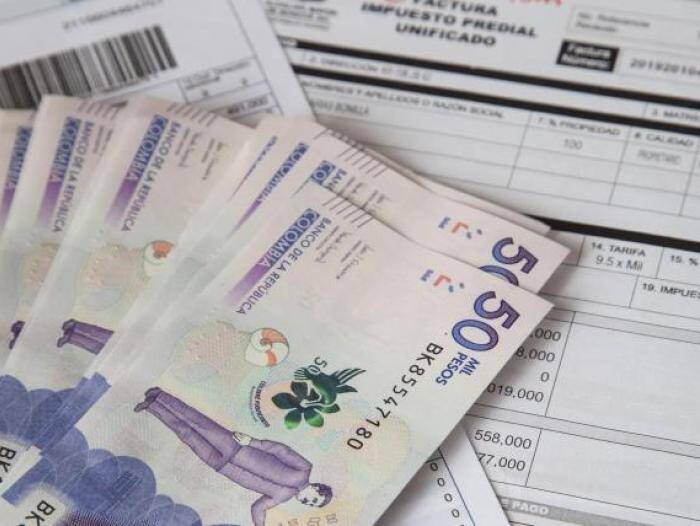2025 Income Tax Return: Warning issued to self-employed workers who believe they should not pay the tax.

The income tax return is a document in which a person reports their income, expenses, assets, and net worth to the National Tax and Customs Directorate (DIAN).
Through this process, the State can calculate tax contributions and establish the corresponding tax increases each year. The tax return filing period will begin on August 12 and will continue until October 24, 2025.
It's important to note that both employees and self-employed workers may be required to file a tax return, as this obligation does not depend on the type of occupation or employment relationship, but rather on the amount of income, assets, and other economic factors.

You must have gross assets equal to or greater than $211,792,500 by the end of 2024. Photo: Diego Caucayo/EL TIEMPO Archive
Remember that the amount you must declare is determined by the income limits you reached during the previous year when you file your return.
According to the specialized portal Tributi , all individuals will be required to file an income tax return for the 2024 tax year if they meet at least one of the following conditions:
- Have a gross net worth equal to or greater than $211,792,500 at the end of 2024.
- Having received total income equal to or greater than $65,891,000 during the year.
- Make credit card purchases for an amount equal to or greater than $65,891,000.
- Make purchases and total consumption for a value equal to or greater than $65,891,000.
- Have bank deposits, deposits or accumulated financial investments with a value equal to or greater than $65,891,000.

Photo: Jaime Moreno/El Tiempo
Speaking to Infobae with Durley Helena Huertas, a professor in the Public Accounting program at Areandina, she stated that the income tax return is not limited solely to recording income, but also requires a comprehensive analysis of the taxpayer's financial situation, including their assets, debts, and potential deductions.
The primary instrument for completing this procedure is Form 210, which must be completed by all natural persons who are residents and are required to file a tax return.
To correctly prepare your income tax return, it is essential to gather the following documentation:
- Updated RUT, specifying the economic activity as independent or service provider.
- Valid electronic signature, issued by the Dian.
- Bank statements for the taxable year.
- Electronic invoices, which in many cases are mandatory.
- Income certificates, issued by a public accountant.
- Withholding tax certificates, as well as documents related to investments, loans, property deeds, and other supporting documents that verify income, expenses, deductions, and assets.
- Proof of social security payments, especially if you plan to make deductions for these contributions.
Huertas emphasized that it is advisable to have the assistance of a certified public accountant who is familiar with current regulations, as their guidance allows for accurate tax returns and avoids omissions or errors that could lead to sanctions from the DIAN.

The main instrument for carrying out this procedure is Form 210. Photo: EL TIEMPO
According to the Tributi portal, people who file their tax returns after the established deadlines will face penalties imposed by law:
- You will be charged a late-filing penalty, which corresponds to 5% of the tax due and increases for each month or fraction of a month of delay between the deadline and the day you finally file.
- By 2025, the minimum penalty for unfulfilled or poorly fulfilled obligations to the DIAN is $498,000, meaning that even if you file your return just one day late and the amount owed is zero, you will still have to cover this amount.
- You will receive a notification advising you that you have a maximum of one month to pay the tax. If you fail to comply with this deadline, a 10% surcharge will be added to the amount due, in accordance with Article 642 of the Tax Code.
- Failure to file a tax return at all will result in a 20% penalty based on the value of bank deposits, gross income, or, failing that, on the income from the most recently filed tax return, in accordance with Article 643 of the Tax Code.

Failure to file a tax return at all will result in a 20% penalty. Photo: iStock
LATEST NEWS EDITORIAL
eltiempo





